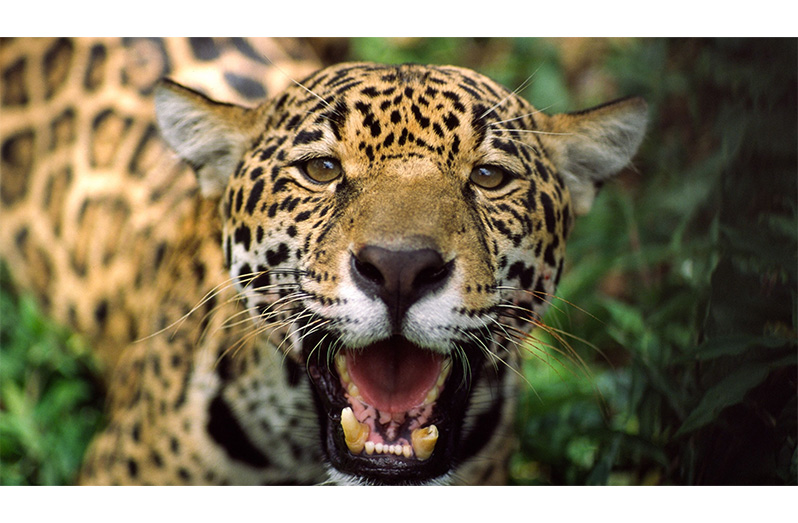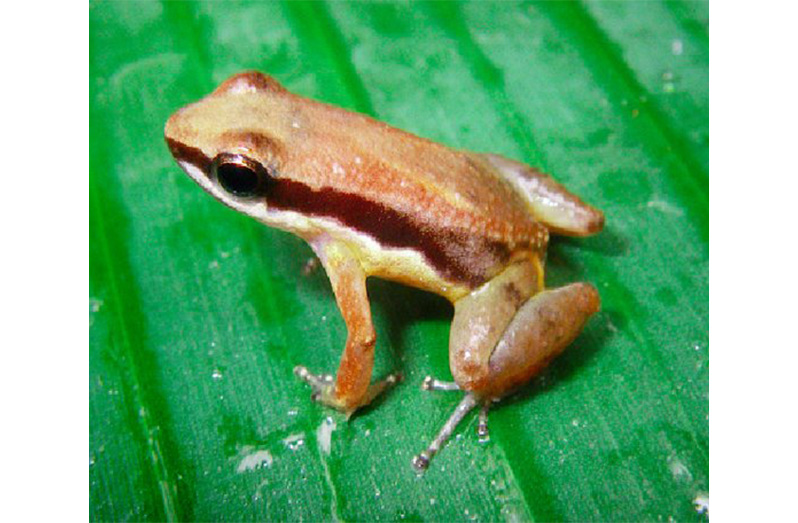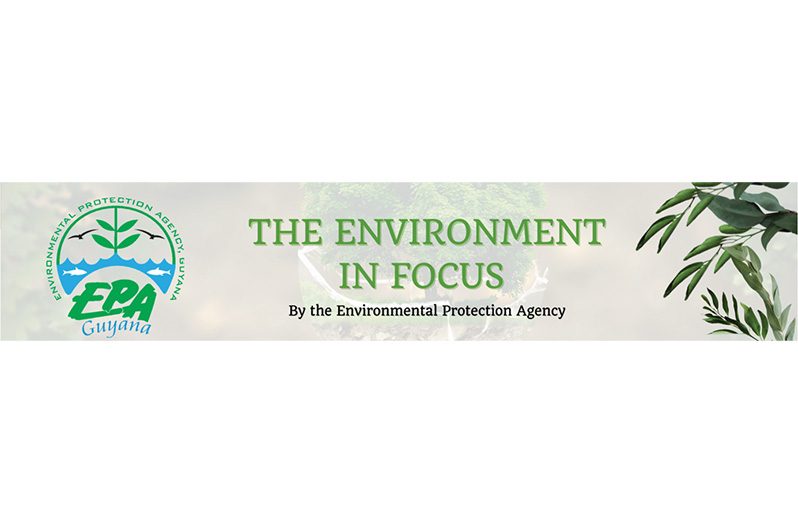RENOWNED environmental scientist, Johan Rockström, once described biodiversity as the lifeline that makes ecosystems more resilient—vital for the stability of societies. Destroying it, he warned, is like setting fire to our own lifeboat.

Understanding Biodiversity’s Role in Our Lives
Biodiversity is the full variety of life on Earth—animals, plants, fungi, microbes, and the ecosystems they create. It’s not just about exotic species in remote jungles. It’s the foundation of healthy, functioning ecosystems that provide essential services to humans.
These services, known as ecosystem services, include pollination of crops by bees and insects, clean water from forest and wetland filtration, fertile soil, and climate regulation. Did you know that about 75% of global food crops rely on pollinators? Forests—from the Amazon to Guyana’s mangroves—store carbon and help slow climate change.
But these life-supporting systems are under severe strain. Deforestation, pollution, overfishing, and the accelerating effects of climate change are driving species to extinction at an alarming rate. As ecosystems break down, so do the services they provide—leading to food shortages, water scarcity, increased natural disasters, and the spread of disease.
Global Treaties Working to Protect Nature
Recognising these threats, the international community has established key agreements to conserve biodiversity. Guyana is a committed participant in several of these activities, which help to both protect the environment and improve lives. Each treaty addresses a different piece of the biodiversity puzzle.
- Ramsar Convention on Wetlands (1971)
Once seen as unproductive land, wetlands are now celebrated as biodiversity hotspots and natural safeguards. They clean water, buffer floods, and support countless species.
The Ramsar Convention is the first international treaty focused on a single ecosystem—wetlands. Countries commit to the “wise use” of these areas and designate significant sites as Wetlands of International Importance.
Guyana’s North Rupununi wetlands in Region 9 floodplains support fish, birds, giant otters, and Indigenous communities. Protecting them is also about preserving cultural heritage and strengthening community resilience. - CITES: The Wildlife Trade Treaty (1973)
Every year, millions of wild species are traded globally. Without regulation, this trade threatens biodiversity and the survival of species.
The Guyana Wildlife Conservation and Management Commission is the focal point for the Convention on International Trade in Endangered Species of Wild Fauna and Flora (CITES). The Commission monitors and regulates wildlife trade through a permit system to ensure it remains legal and sustainable. Exports of parrots, turtles, and snakes, for instance, are closely managed to ensure populations remain healthy. - Convention on Biological Diversity (CBD) (1992)
Adopted at the Rio Earth Summit, the CBD is the most comprehensive global treaty on biodiversity. It has three core goals:
- Conserving biodiversity
- Using biological resources sustainably
- Ensuring fair sharing of benefits from genetic resources
Guyana has embraced the CBD by developing a National Biodiversity Strategy and Action Plan, expanding protected areas, and weaving biodiversity goals into national planning.
The CBD also supports Guyana’s Low Carbon Development Strategy (LCDS), which connects forest conservation with economic development. By preserving our rainforests, we reduce carbon emissions, protect biodiversity, and earn income through carbon credit agreements—such as those with Norway and Hess Corporation.
With its rich ecosystems and low deforestation rates, Guyana is well-placed to help lead this global effort.

Looking Forward: A Shared Responsibility
Biodiversity isn’t just about plants and animals—it’s about people. It supports our water, food, health, and economy. In Guyana, with its lush forests, powerful rivers, and vibrant cultures, biodiversity is a national treasure with global value.
But that treasure needs protection. Governments, businesses, Indigenous communities, and individuals all have a role to play. By following environmental rules, supporting conservation efforts, and recognising the value of nature in our daily lives, we help safeguard the lifeboat we all depend on.
Biodiversity is a necessity. The time to act is now.





.jpg)








